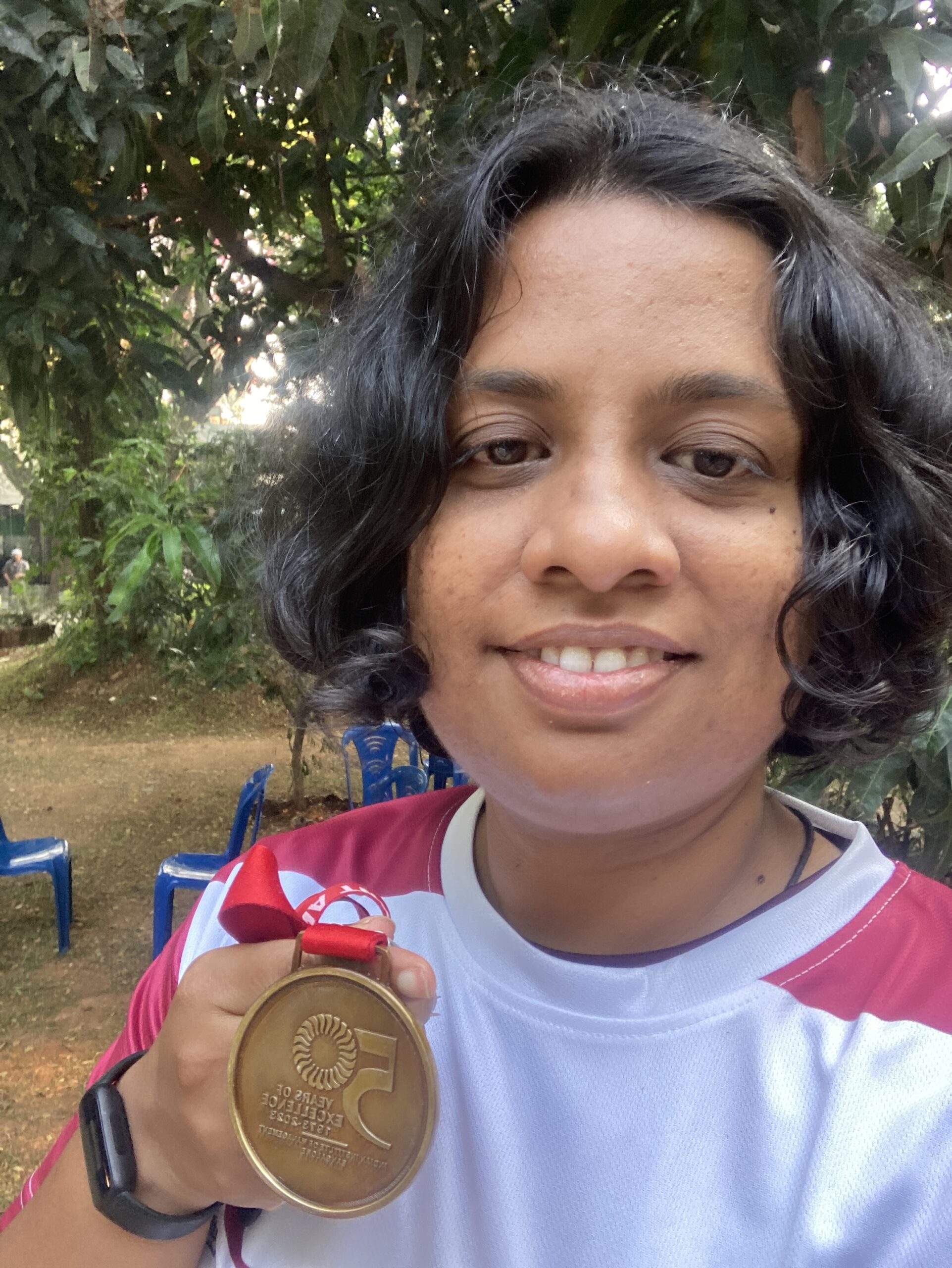Set boundaries at work based on your energy. Know how
The second wave of the COVID-19 pandemic in 2021 put what was important into stark perspective. That was the time when the boundaries between work and life were severely blurred – more than normal. Every second hour, I heard news of someone dying. It was scary. One would think that a global pandemic would help me to have priorities in order: me, my health, and then work.
Nah. We know it doesn’t work like that. Sometimes, we don’t learn from our experiences at all.
When I returned from my sabbatical during the peak of the pandemic, I was immediately assigned a flailing and failing project. It was a data privacy regulatory project, so be it pandemic or not, we had to ensure that we were compliant with regulations. Otherwise, the bank would risk being fined heavily for its lapses.
It was mayhem. I attended 13 meetings a day without any gaps between meetings. I was in debilitating pain all through the day, and my energy was at an all-time low. When I woke up in the morning, I was running at 30% battery. It took an hour to get out of bed and some more to get dressed. By the time I had logged in for work, I was out of energy and running on a critical red 10%. I then had to use that 10% to get through the work day, which had at least 7-8 hours of back-to-back meetings.
It was stupid and heroic effort that got me through for six months.
At the end of the workday, I would zone out entirely and not be capable of even making a simple meal. I survived the pandemic on Zomato and Swiggy, delivering three meals daily.
In the back of my head, I knew I had to step back, pause, and make sure I had time to take care of myself. But I was so caught up in the pressing demands of work that I could not extricate myself from work. Then, at the end of six months, I pulled the project out of stormy waters, and we were sailing in smooth seas.
By the time I was done, I had to take a month of sick leave to explore treatment options to manage the debilitating pain, which was making it hard to walk for even 5 minutes.
I returned to work with the news that I had been kicked out of the project.
I was livid and then amused. This had happened to me so many times. I would burn the midnight oil to “rescue” a project, and once the rescue was accomplished, I would be kicked out. I refused to learn anything from my experiences and kept repeating my patterns.
On that project, my counterpart had a heart attack. I buffered my team members against stress so they did not burn the candle at both ends. But I took the impact for them – emotionally, mentally and physically. That was not a sustainable way to work.
This was a critical lesson in boundaries at work.
Boundaries at work are typically considered a demarcated time for work and life—a set time for work and the rest of the time for life.
Even if I was clear about not working more than 10 hours a day, I wasn’t quite adept at managing my boundaries within those hours. With a chronic illness, I wasn’t running at 100% battery in a day. That’s never happened in the past decade.
During the 10 hours I worked (10% more than what was mandated by my contract, which also clearly stated that we were to be flexible about the number of work hours and that if necessary, we had to work longer hours without additional compensation), I squeezed every last drop out of the 10% battery I had started with.
This meant I could not be 100% attentive in all my meetings. I was having trouble staying focused, processing information and being present for the duration of the meeting. On reflection, I realised that with even 10% energy spread throughout the day, I could do an excellent job of pulling a failing project out of the woods.
This insight changed the way I worked since then. I had to learn to first up my energy battery level in the morning and quit when I was still ahead. If I started with 10%, I had to quit even before I started.
Knowing your energy battery’s size, capacity, and quality is essential if you have a chronic illness that comes with energy management issues.
Here are three questions you could use to set boundaries at work based on your energy
- At the beginning of the day, what is your energy battery level?
- Subtract energy battery to do self-care activities and life activities that have to be done.
- With the rest of the battery, assess your work day to see what is realistic and can be accomplished without killing yourself.
It is vital to organise your work day and activities around your energy levels and to know at what point it would be so counterproductive that you would have to pay the price for it with your body. When your body is already under chronic and prolonged stress from chronic illness, you would have to make radical changes to your work and life to ensure you can have a quality of life, a life that is worth living and not merely about survival on an everyday basis.
For many of us, work is a big part of the day. We spend anywhere between 8-12 hours at work. That is a significant portion of energy battery.
You need to understand and work with the energy battery rather than pushing past or ignoring it. This will make work much more fulfilling and satisfying and make you dread your Mondays less.
This article could spark questions, so if you have any, drop me a note, and I’d be happy to consider addressing them in future articles.





